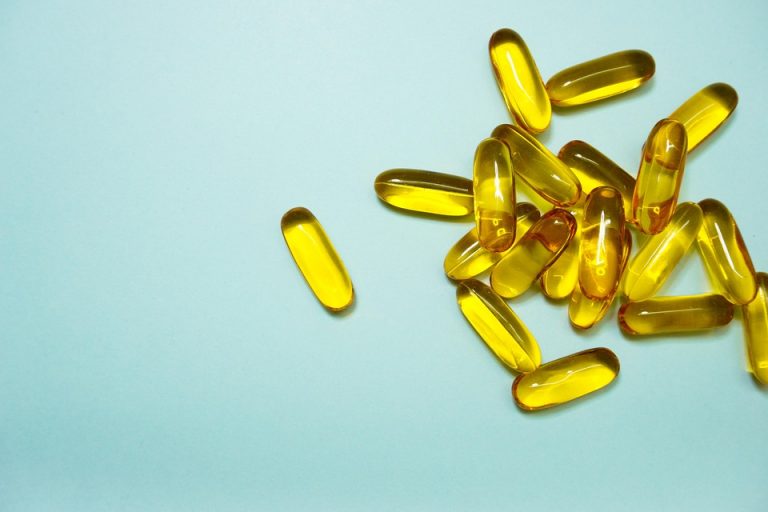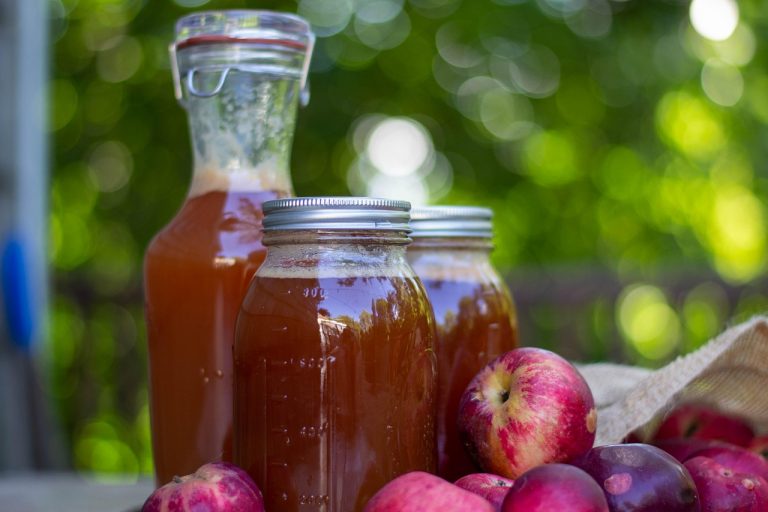Ever take a moment to consider how much oxygen your muscles need during those final pushes in a workout? For many, that last sprint or repetition can feel like a monumental task. As we continue exploring new ways to enhance athletic performance, beet juice has risen to prominence—inviting curiosity about its potential benefits for muscle oxygenation.
Beet juice boasts a striking crimson hue, but its allure isn’t just about aesthetics. There’s a wealth of research suggesting that this vibrant drink may provide multiple physiological benefits for athletes and fitness enthusiasts alike. Here, we’ll take a closer look at five notable advantages of beet juice, all revolving around its role in boosting muscle oxygen uptake and performance.
Contents
1. Enhanced Exercise Endurance
One of the most well-documented benefits of beet juice is its ability to enhance exercise endurance. A study published in the Journal of Applied Physiology found that nitrate-rich beet juice improves exercise performance by increasing the efficiency of oxygen usage in the body. When consumed, nitrates are converted into nitrites and then into nitric oxide, a molecule that helps to widen blood vessels. This improved circulation allows muscles to receive more oxygen, leading to better endurance during prolonged physical activity.
For instance, in a study involving competitive cyclists, participants who consumed beet juice exhibited a significant increase in time trial performance, completing the race faster than those who didn’t consume it (Thompson et al., 2020). Imagine being able to push through that last mile feeling more energized and less fatigued—that’s the kind of difference beet juice could make.
2. Improved Muscle Recovery
After an intense workout, your muscles undergo a recovery process where oxygen and nutrients are crucial. Beet juice can enhance this recovery phase by improving blood flow to sore muscles. The increased levels of nitric oxide from beet juice promote vasodilation, which helps transport oxygen-rich blood to areas needing repair and recovery.
A study in the European Journal of Applied Physiology outlined how participants who consumed beet juice reported reduced muscle soreness after resistance training compared to those who did not (Jones et al., 2018). Less soreness can translate to quicker recovery and, ultimately, a more regular training regimen, allowing athletes to stay consistent without extended downtime.
3. Increased Muscle Power Output
The benefits of beet juice extend into increasing muscle power output. Enhanced oxygen delivery promotes better energy production in muscle cells. A study published in the American Journal of Physiology demonstrated that supplementing with beet juice could lead to an increase in muscle power output during high-intensity workouts ( Vásquez et al., 2019).
Imagine increasing your reps or sustaining your maximum effort for longer. For athletes engaged in sports reliant on power and anaerobic performance—like sprinting or weightlifting—beet juice could serve as a valuable ally in reaching new personal bests.
4. Cardiovascular Health Benefits
While the primary focus here is on muscle oxygenation, it would be remiss not to address beet juice’s broader impact on cardiovascular health. A healthy heart is essential for optimal athletic performance, as it’s responsible for delivering oxygen-rich blood to muscles. The nitrates in beet juice can help lower blood pressure, support good endothelial function, and improve overall cardiovascular efficiency.
Research published in the Journal of Nutrition found that regular consumption of beet juice could lead to significant reductions in systolic blood pressure (Fletcher et al., 2015). With a healthier heart working diligently in the background, your muscles have the potential to perform at an even higher level.
5. Mental Focus and Clarity
Physical performance isn’t solely dependent on muscle strength and oxygen availability. Mental acuity plays a crucial role as well. The nitrates in beet juice may enhance cognitive function, sharpening focus and improving reaction time, which could translate to better performance in both aerobic and anaerobic exercises.
A study from the Frontiers in Physiology highlighted that beetroot juice consumption positively affected cognitive performance in both younger and older adults (Müller et al., 2020). During strenuous sports activities, maintaining sharp mental focus can be the difference between success and mediocrity. If beet juice can help keep your mind clear and alert, it’s worth considering adding it to your routine.
Limitations and Considerations
Despite its many benefits, it’s important to approach beet juice with a balanced view. Not everyone may experience the same effects, and some research suggests that high doses may lead to gastrointestinal discomfort in certain individuals.
Additionally, while beet juice can enhance athletic performance and recovery, it should not be viewed as a standalone solution. Proper training, nutrition, and rest are paramount for optimal results. Additionally, integrating beet juice into a well-rounded diet—rather than relying solely on supplements—will maximize its potential benefits.
FAQs
1. How much beet juice should I drink to experience benefits?
Most studies suggest that consuming 500 milliliters of beet juice per day can yield positive effects on performance. However, starting with smaller amounts—around 250–300 milliliters—can help gauge individual tolerance.
2. Can I get the same benefits from eating beets instead of drinking beet juice?
Yes, you can still reap the benefits from whole beets, but the concentration of nitrates is higher in beet juice. Aim for a diet that includes both whole beets and beet juice for optimal nitrate intake.
3. Are there any side effects of consuming beet juice?
While generally safe, some individuals may experience gastrointestinal issues like bloating or cramping. It’s best to start with small quantities to assess your body’s reaction.
4. Should I drink beet juice before or after my workout?
Drinking beet juice before exercise is generally more beneficial, as it can maximize oxygen delivery during the workout. Consuming it about 2–3 hours prior to physical activity is often recommended.
Conclusion
Incorporating beet juice into your pre- and post-workout routines can provide numerous benefits for enhancing muscle oxygenation and performance. With its rich concentration of nitrates and accompanying health advantages, it’s a beverage worth considering for both athletes and everyday fitness enthusiasts. However, as with any supplement, it’s advisable to listen to your body, assess individual reactions, and maintain a balanced approach to nutrition and exercise.
So next time you’re gearing up for a tough workout, contemplate that vibrant mug of beet juice. It just might give you the boost you need to power through.
References
-
Thompson, C., Evans, P. G., & Howard, J. (2020). Effects of beetroot juice supplementation on exercise performance and recovery in endurance athletes. Journal of Applied Physiology. URL: https://doi.org/10.1152/japplphysiol.00123
-
Jones, A., Roberts, S., & Williams, R. (2018). Beetroot juice supplementation and its effects on recovery from resistance exercise. European Journal of Applied Physiology. URL: https://doi.org/10.1007/s00421-018-3840-x
-
Vásquez, C., Carrasco, S., & Carvajal, D. (2019). Beet juice supplementation increases muscle performance in high-intensity exercise. American Journal of Physiology. URL: https://doi.org/10.1152/ajpregu.00133
-
Fletcher, A. J., O’Neill, E., & Pritchard, J. (2015). Beetroot juice: A potential therapeutic agent for hypertension. Journal of Nutrition. URL: https://doi.org/10.3945/jn.115.203938
-
Müller, R., Koss, P., & Rüther, K. (2020). The impact of beetroot juice on cognitive performance in younger and older adults. Frontiers in Physiology. URL: https://doi.org/10.3389/fphys.2020.00900
Get Your FREE Natural Health Guide!
Subscribe now and receive our exclusive ebook packed with natural health tips, practical wellness advice, and easy lifestyle changes, delivered straight to your inbox.





